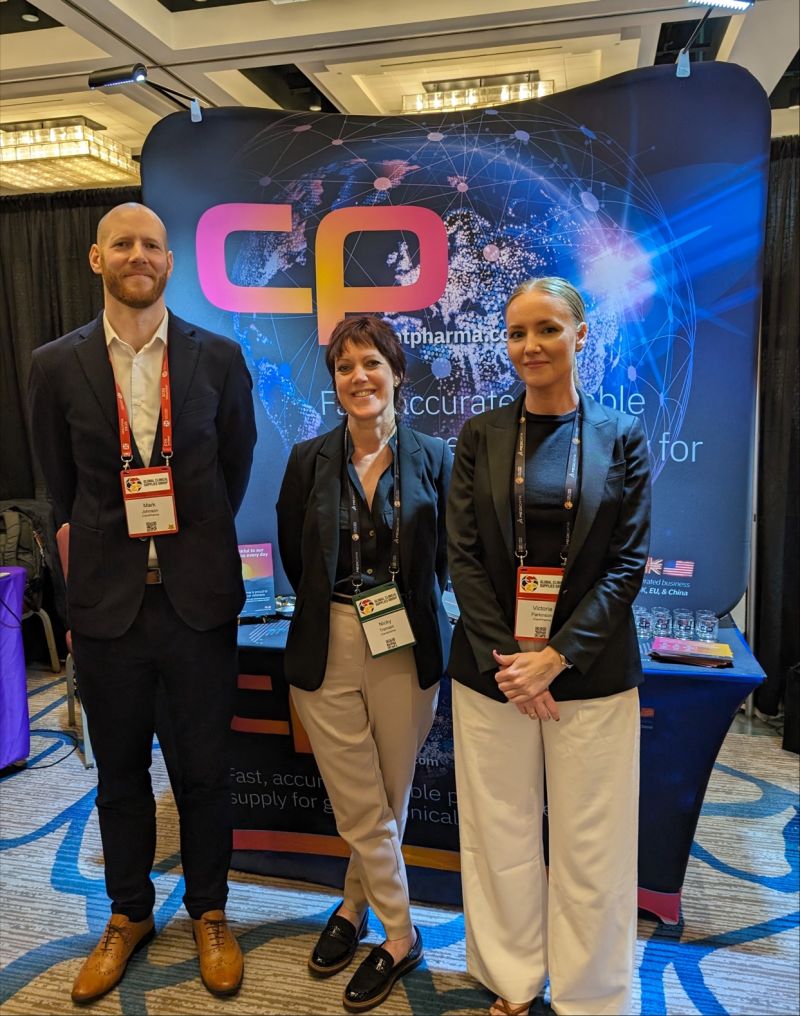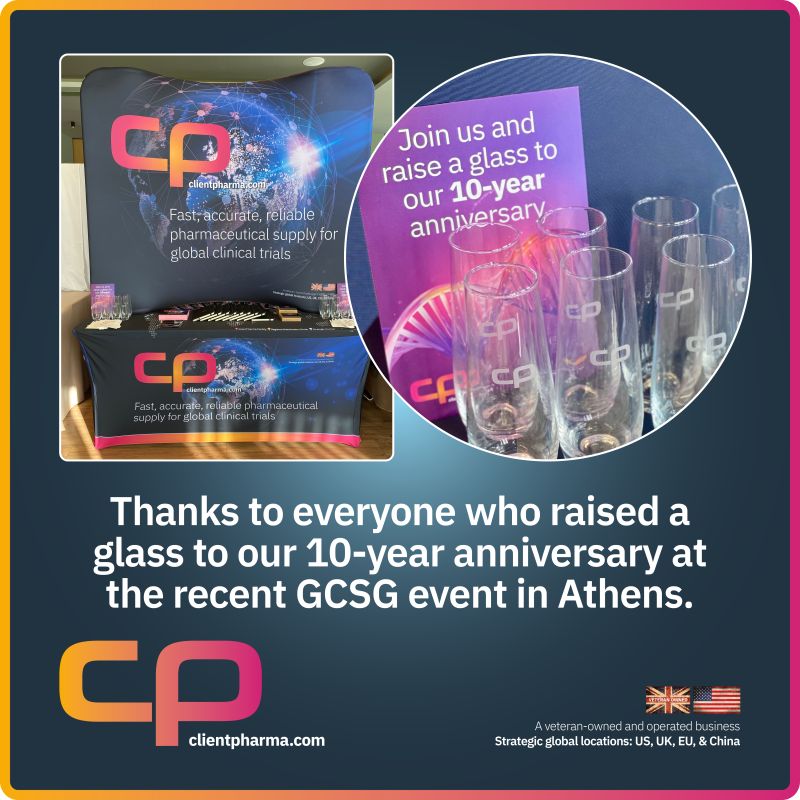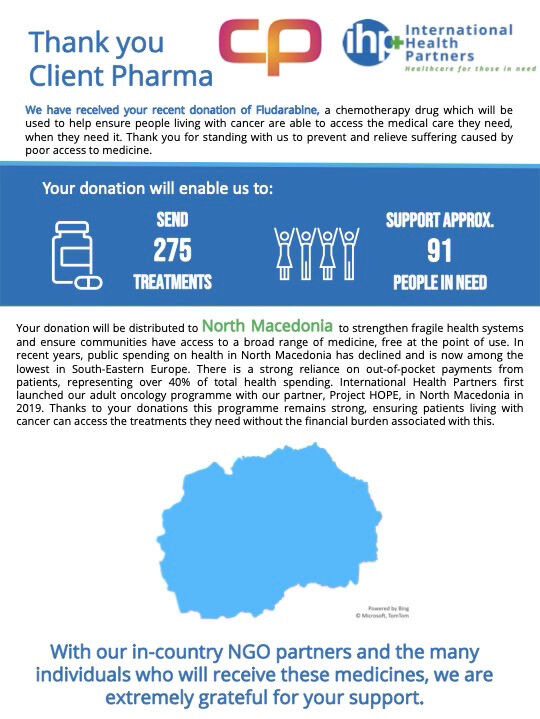Japan has been named an emerging market for biosimilars as the uptake for some products is now on a par with generics.
Over the past few years, biologics have gained significant traction in the pharmaceutical industry. By 2020 biosimilars are predicted to comprise 27% of the pharmaceutical market, generating a predicted revenue of $290 billion.
Globally, there are more than 700 biosimilars approved or in the pipeline. This shift towards biosimilars shows a global recognition of their potential financial benefit. This is driving their uptake across the world and Japan is proving to be a particularly lucrative market for biosimilar makers.
Due to the aging population of Japan, there is now an increasing burden on the country’s healthcare. This coupled with a less stringent regulatory environment than other countries such as the US could be the reason behind such a strong motivation for the early uptake of biosimilars.
The first biosimilar approved in Japan was back in 2009, and to date, the Pharmaceuticals and Medical Devices Agency (PMDA), the agency responsible for approval, has given the go ahead for seven biosimilars within the following product classes:
- Human growth hormone
- Granulocyte colony-stimulating factor
- Erythropoiesis stimulating agent
- Insulin
- Tumour necrosis factor (TNF)-inhibitor
The volume shares of biosimilars suggest that in the next five years Japan could become a key market, closely following the EU’s lead.
To give an example, Filgrastim BS, first approved in Japan in 2012, achieved approximately a 45% volume share in two years. And earlier this year, Insulin glargine BS, achieved approximately a 9% volume share in the two months post launch.
However, not all biosimilars have had such a strong interest, which has resulted in a slow uptake. Infliximab BS only achieved a 1% volume share in the year post the 2014 launch.
There are a number of key factors that determine the uptake of biosimilars in Japan. These include how the product is used in Diagnostic Procedure Combination (DPC) hospitals and also the reimbursement costs under the medical care benefit programme of the National Health Insurance scheme.
The overall outlook for biosimilars looks good for Japan. As a developed country, they have large access to affordable products, an established regulatory environment, good engagement with payers in favour of biosimilars and a high presence of biosimilars in the pharmaceutical market.









